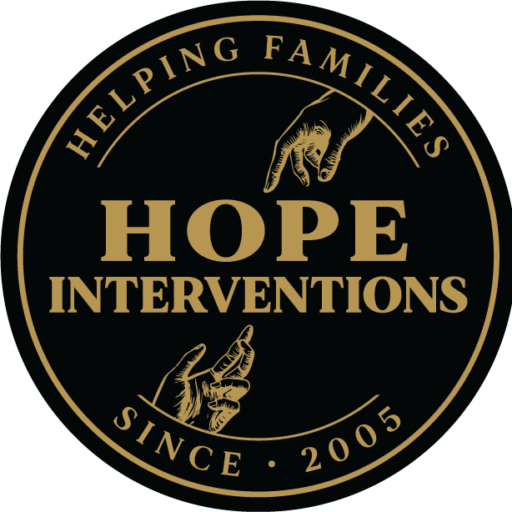An interventionist is a trained professional who specializes in facilitating interventions for individuals struggling with addiction, substance abuse, or other destructive behaviors. Their primary role is to guide the intervention process, assist family members and loved ones in planning and executing the intervention, and help facilitate communication between all parties involved.
Interventionists typically have backgrounds in counseling, psychology, social work, or addiction treatment. They often have extensive experience working with individuals and families affected by addiction and are knowledgeable about various treatment options and resources available.
Assessment
Before the intervention takes place, the interventionist will conduct an assessment to gather information about the individual’s addiction, history, and specific circumstances. This assessment helps the interventionist understand the situation better and tailor the intervention approach accordingly.
Planning and Preparation
The interventionist works closely with family members, friends, and other participants to plan and prepare for the intervention. This includes determining who will be involved, choosing a suitable location, and developing a strategy for communicating with the individual about their addiction.
Education and Guidance
Interventionists provide education and guidance to participants about addiction, the intervention process, and effective communication strategies. They help prepare participants emotionally and mentally for the intervention and address any concerns or questions they may have.
Facilitation
During the intervention, the interventionist serves as a neutral facilitator, guiding the conversation and ensuring that communication remains constructive and respectful. They help keep the focus on the individual’s need for treatment and encourage participants to express their concerns and feelings in a supportive manner.
Referral to Treatment
If the individual agrees to seek treatment, the interventionist can provide recommendations and referrals to appropriate treatment programs, rehab facilities, therapists, or support groups. They may also assist in making arrangements for admission to a treatment center.
Follow-Up Support
After the intervention, the interventionist continues to provide support and guidance to both the individual and their family members. They help coordinate ongoing care, provide resources for aftercare support, and offer assistance in navigating the challenges of early recovery.
Staging an Intervention work?
The effectiveness of staging an intervention can vary depending on various factors, including the individual’s readiness to seek help, the approach used during the intervention, and the support system available post-intervention. While interventions have the potential to be successful in motivating someone to seek treatment for their substance abuse, they are not guaranteed to work in every situation. Here are some considerations regarding the effectiveness of staging an intervention:
Motivation and Readiness
The success of an intervention often hinges on the individual’s motivation and readiness to acknowledge their substance abuse problem and seek help. If the person is in denial or not yet ready to make a change, the intervention may not immediately lead to treatment acceptance.
Professional Guidance
Involving a professional interventionist or therapist can increase the likelihood of a successful intervention. These professionals can provide guidance on the intervention process, facilitate communication, and offer support for both the individual and their loved ones.
Support System
A strong support system of family members, friends, and professionals can significantly impact the success of an intervention. Having a network of people who are committed to supporting the individual throughout their recovery journey can increase the chances of treatment acceptance and long-term sobriety.
Treatment Options
Providing clear and viable treatment options during the intervention can help the individual see a pathway to recovery. This may include information about rehab facilities, therapy programs, support groups, and medical professionals who specialize in addiction treatment.
Follow-up and Continued Support
Following up with the individual after the intervention and providing ongoing support is crucial for maintaining momentum towards recovery. Continued encouragement, assistance in accessing treatment, and involvement in support networks can help reinforce the message conveyed during the intervention.
Individual Factor
It’s essential to recognize that every individual and situation is unique. Factors such as the severity of the addiction, underlying mental health issues, past treatment experiences, and personal motivations can all influence the effectiveness of an intervention.

